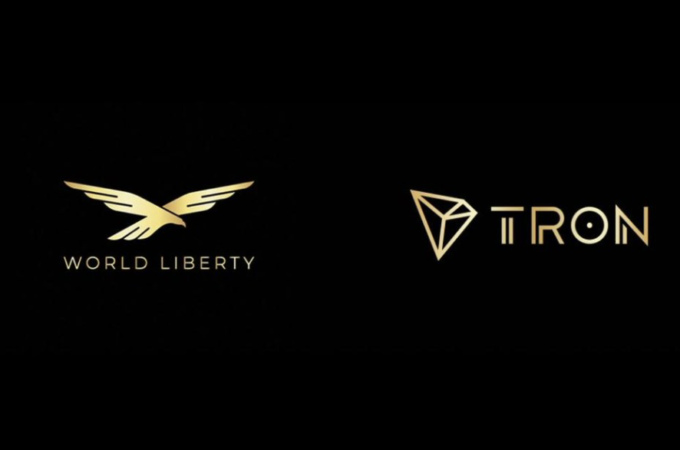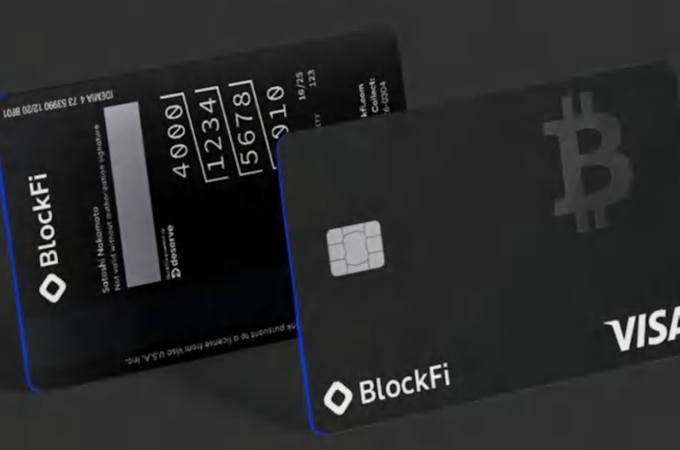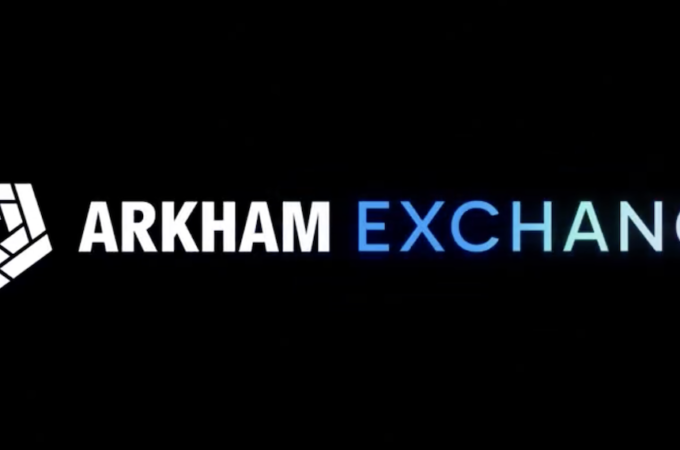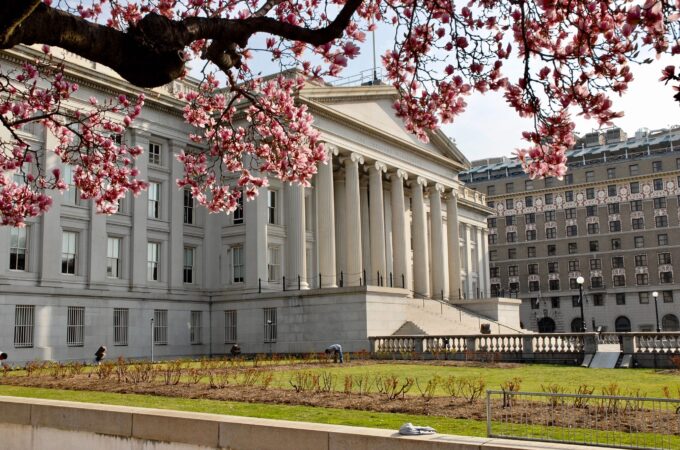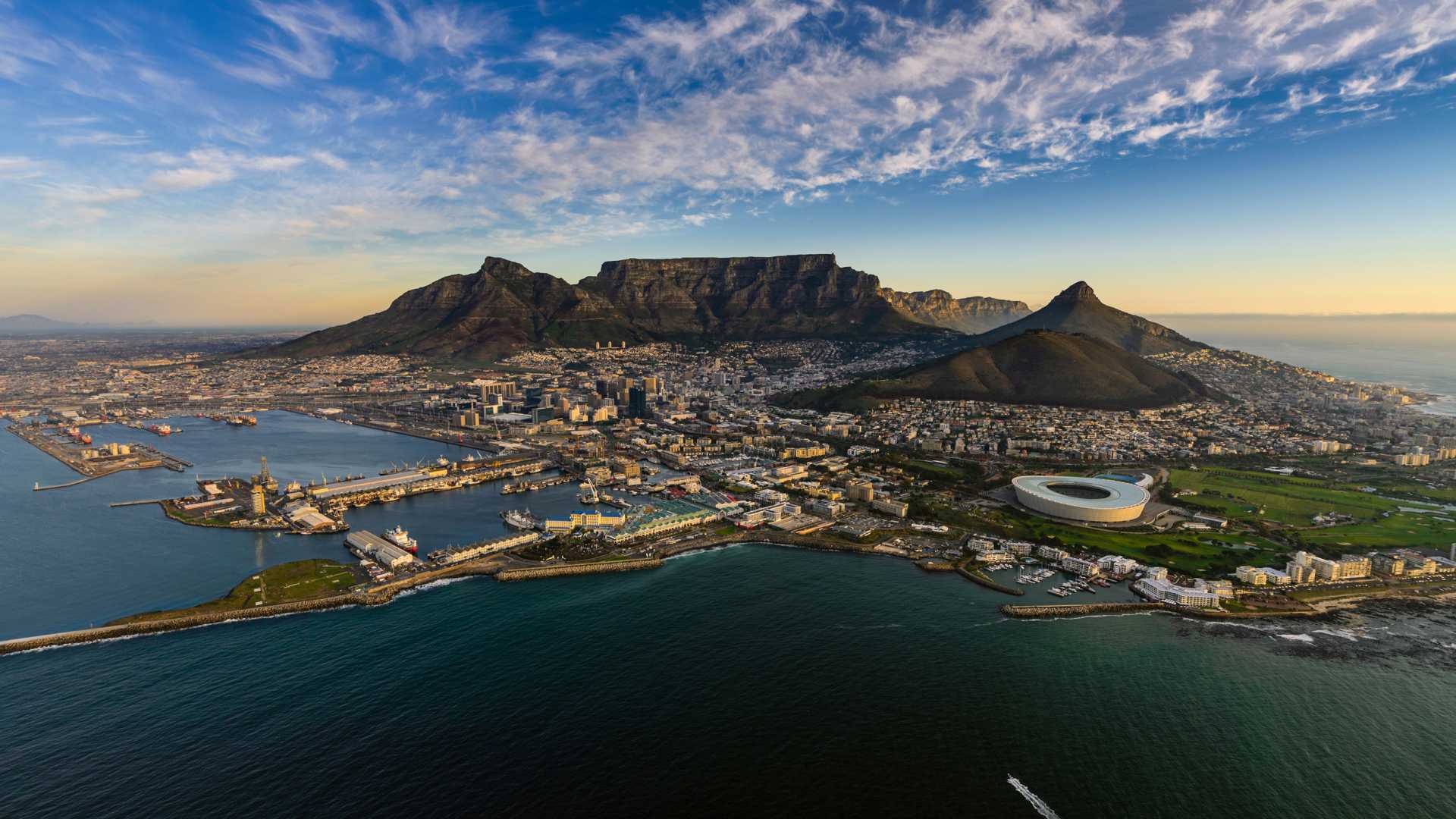
South Africa and the Loan Shark Crisis
South Africa is facing a real problem with loan sharks right now, and it’s hitting the most vulnerable people hard. The economy’s tough – unemployment’s up, inflation’s high, and a lot of folks can’t get loans from regular banks. So what happens? They turn to these illegal lenders also known as loan sharks, in South Africa they’re referred to as mashonisas.
These loan sharks are taking advantage of people who desperately need cash. They’re charging ridiculous interest rates – we’re talking over 100% interest in most cases. It’s trapping people in a nasty cycle of debt they can’t escape, often leading to physical violence.
It’s especially bad for people relying on social grants, like those from SASSA. Nearly a third of South Africans depend on these grants, but they’re often not enough to cover basic living needs, especially as the cost of living sky rockets across the continent. So people borrow from loan sharks, who then take a big chunk of their future grants as repayment. It’s making poverty worse and causing long-term financial problems.
Recent reports from the regulated instant loan provider Wonga speculate that there are tens of thousands of loan sharks operating across South Africa… but why are there so many? Well, it’s gotten tougher and more expensive for legit microfinance companies to follow banking rules, so many have shut down. On the surface, the rules enforced on (law abiding) instant loan providers are designed to help protect consumers. This is done by carefully vetting applicants and selecting only those who can prove that their loan can be comfortably repaid (with healthy credit scores, evidence of sustainable income etc.)
However this leaves many of the most vulnerable people in the lurch. We’re talking about folk who don’t have established credit scores; they’re ‘off the grid’ and can’t be incorporated into regulated lender’s risk assessments, so their loan applications are rejected. The loan sharks swooped in to fill this gap. With South Africa’s major banks following suit and being more careful about whom they lend to, the result is a lot of people who are already struggling financially feel like they have no choice but to use these illegal lenders.
This isn’t just hurting individuals – it’s bad for the whole economy. It keeps people stuck in poverty and stops them from being able to invest in their future. And the scary tactics these loan sharks use – threats, violence – make people too afraid to ask for help.
So what can be done? We need a few things:
- Tougher enforcement of laws against illegal lending
- More support for legitimate microfinance providers
- Better education to help people spot predatory lending
- Financial counselling and debt relief options for those already in trouble
This loan shark crisis is a serious issue that needs urgent attention. If nothing’s done, it’s just going to keep getting worse, and that’s bad news for individuals and for South Africa as a whole.

